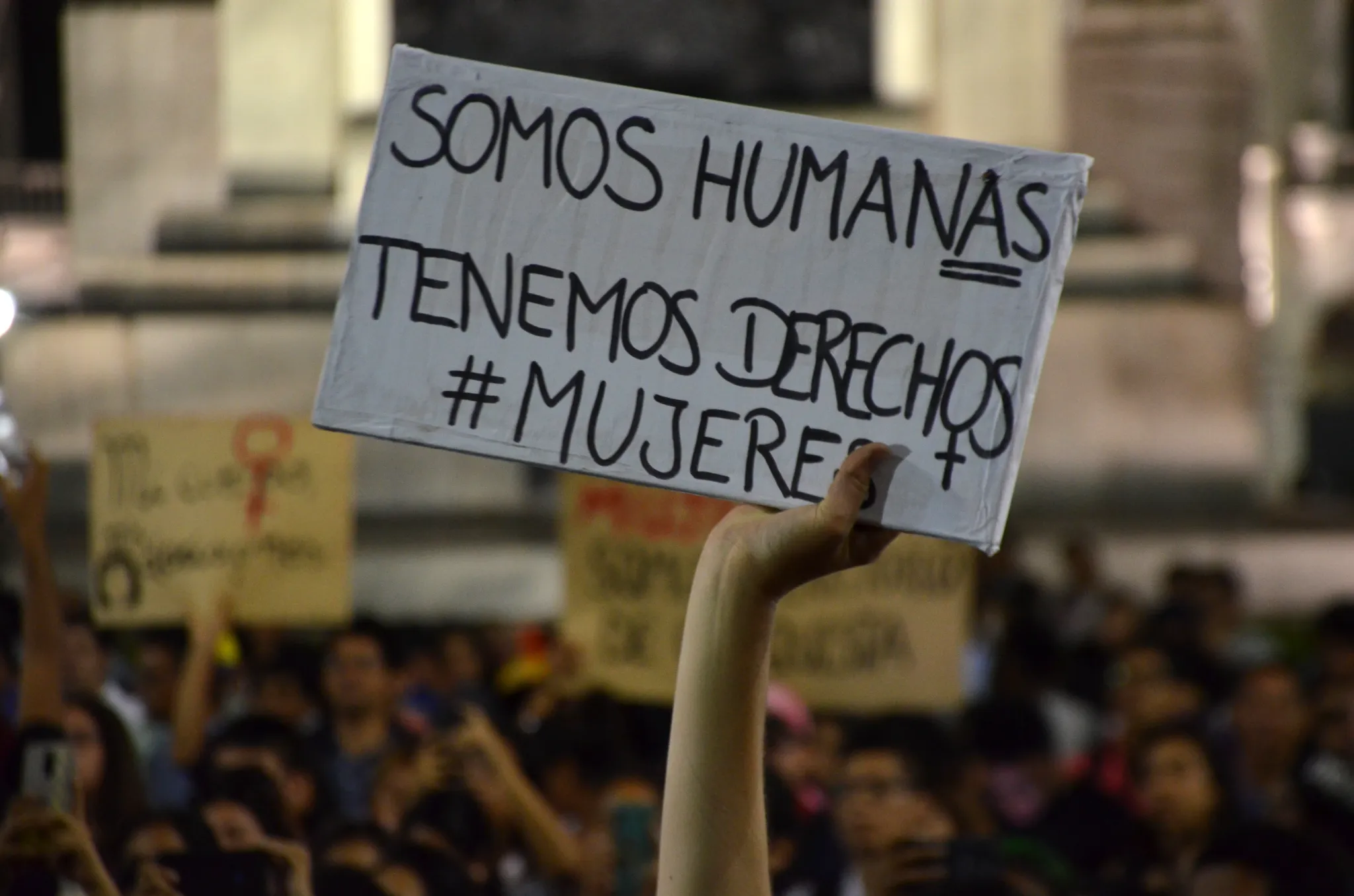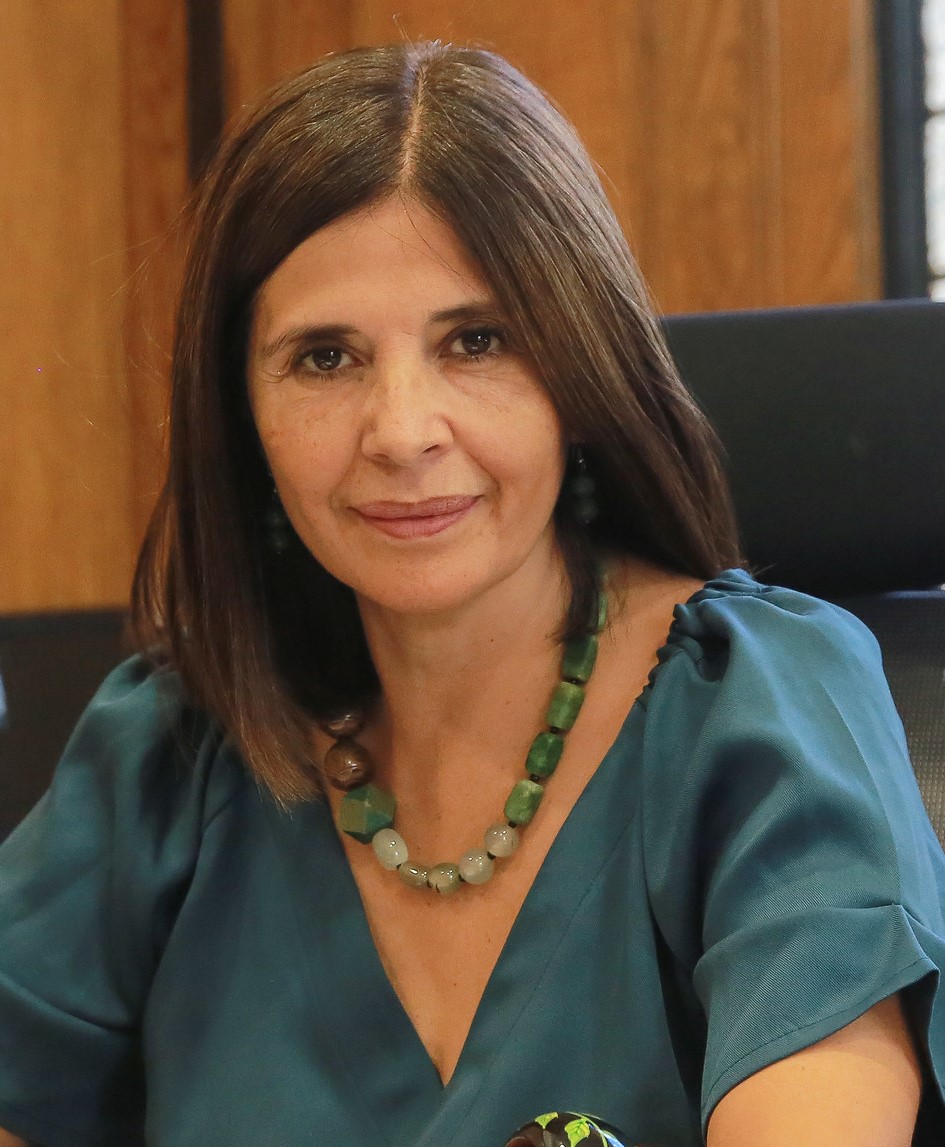Latin American women confront democratic backsliding

The general deterioration of democracy has a specific gender dimension; the growth of authoritarianism and populism is being fueled not only by nationalist, illiberal ideologies, but also by misogyny and conservative views on gender roles and the place of women and girls in society. Today, for many male leaders and their supporters, women's movements, feminism and the inroads made on women's political representation constitute negative transformations that must be contained and reversed.
But what exactly are they seeking to dismantle? How real has the advancement towards gender equality in politics and democracy being in the region?
Any objective assessment shows that accomplishments are significant, even if heterogeneous across and within countries. Latin America has been indeed at the forefront promoting innovative transformations to secure women's political participation and representation. The call for a “democracia paritaria” (a gender-parity democracy) has been advanced by women's organizations, academics, politicians, pushing the boundaries of theoretical, constitutional and legal debates on the meaning and scope of democracy. According to the Interparliamentary Union, the Americas, including Latin America, North America and the Caribbean, is the region with both the highest proportion of women legislators (35.1% in the region versus 26.9% in the world), and of women who have served as speakers in legislative bodies (33,96% in the Americas versus a 23.88% world average), surpassing all other regions, including Europe. This has been in part the product of early and consistent women´s mobilization to demand equal representation, the adoption of gender electoral quotas and gender parity in legislation and constitutions. International IDEA's database on quotas reports that a total of 17 countries have legislative quotas, while two have adopted reserved seats (Haiti and Guyana).
Women have also had prominent leadership positions in the region as heads of State; out of the 26 countries in the world that have been led by a woman, 11 are in the Latin American region: Argentina, Bolivia, Brazil, Chile, Costa Rica, Ecuador, Haiti, Honduras, Nicaragua, Panama and Perú.
This has been accompanied by proposals to transform the very concept of representation and democracy in countries' constitutional frameworks, pushing reforms to include the concept of gender parity or parity-democracy in formal constitutional texts in countries such as Costa Rica, Argentina, Bolivia, Colombia and Ecuador. Reforms that have had broad popular support, as a recent survey in Costa Rica showed: where, for example, 92,5 of respondents agreed with the idea that the country benefited when women occupy positions of political power, and 67,2 per cent supported the Electoral Tribunal´s decision to make political parties comply with a 50/50 gender equilibrium in candidates for municipal elections.
But gender equality is not only the result of political representation, women´s struggle for empowerment and participation in Latin America has also focused on substantive results in social, economic, cultural dimensions, demanding social protection with gender lenses and gender mainstreaming throughout policy areas. In line with this, twenty countries in Latin America and two in the Caribbean, have established a state gender mechanism at the level of ministry to implement these policies (UN Economic Commission for Latin America and the Caribbean ECLAC). This has certainly increased the visibility and relevance of gender agendas in political debates and electoral disputes.
Despite these advances, as most indicators show, gender discrimination and inequalities are still pervasive in the areas of employment, income, and social and cultural norms. Moreover, the way gender intersects with ethnicity, race, sexual orientation, gender identity, and class have posed important tensions for the struggles for equality and the institutional mechanisms designed to advance it. Also, confronting gender-based violence, including increasing political violence and virtual violence is a significant and persistent challenge to equality. Many recent studies in the region show that women are the main targets of political violence, and virtual violence during political campaigns, while in office, when participating in public debates, and particularly in contexts of high polarization.
The road to gendered democracy in LAC is still a long way ahead, however, populist, conservative leaders, who have often challenged electoral integrity and representative democratic institutions are also pushing anti-feminist, misogynist discourses, naturalizing and using political gender violence, as ex-President Bolsonaro in Brazil, or taking concrete steps to dismantle gains that have taken decades to implement, such as in Argentina. There, the government has recently announced that it will “prohibit” the use of gender-neutral language and the concept of gender equality in all government institutions, documents, presentations. This while it eliminated the Institution in charge of gender policies and has vociferously framed gender agendas as “gender ideology”. Similar trends and discourses can be found in El Salvador, where its president announced a banned of “gender ideology” from educational curricula without specifying what that entailed, as well as in other leaders and movements in the region.
What the Spanish newspaper El País has identified as a new crusade by ultra-right-wing Latin American leaders against feminism is constitutive of processes of democratic deterioration. It is not just an attack on women´s rights but an attempt to revert democratic expansion in representation, participation, and the exercise of rights. Their confrontational rhetoric is fulling increase virtual and physical violence against activists and women in politics in all spheres.
The gains in representation and leadership women have conquered in Latin American and the Caribbean cannot be taken for granted. They require continued advocacy, support and innovation. This 8 March is an occasion to reflect on how the future of equality is intimately tied with the survival and expansion of democracy, and vis versa: Democracy must assure gender equality requires a well-functioning democracy to flourish.




